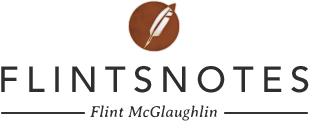Somewhere along the way I have lost my ability to do theology with any of the normative approaches (at least as I understand them). I mean to impugn no one else in their approach as I write these words. Ultimate truth exceeds my grasp. Personal honesty seems (just barely) attainable. If I am honest with myself, I acknowledge limitations. I realize that I am insipient. I cannot be certain of ultimate truth. I could be wrong, but this honestly seems true.
And so, I confess. I confess that I am insipient. I realize. I realize that the Ultimate (the God that transcends God) is possible. I calculate. I calculate that the possibility of the Ultimate is the most important factor. What have I to lose? Everything. If he is not, then I am lost. If he is, and he is neutral, then I am lost. If he is, and he is against me, then I am lost. If he is, and if he is for me, then I (just) have hope.
What is left for me to do? Only to choose. I confessed, I realized, I calculated, but now what do I choose? I could choose to live for the (scarce?) possibility of the “Ultimate who is for me.” But how? I must start with something! Theology tries to answer this question. But theology is a word made by insipients to describe a practice performed by insipients. I do not trust this practice – unless it is grounded in a fierce self-honesty.
For me, theology is necessarily personal. I am trying to become “I” as I attempt to apprehend the ultimate in hopes that the ultimate will apprehend me (a mere insipient). If I step outside of the provisional faith system I was raised within, that hope seems hardly plausible, but, and this is most important, not IMPOSSIBLE.
I have stepped (way) out of that faith system not just in “word,” but in “deed.” Formally, I embraced it in “word,” but especially in “deed” and I have discovered that the only way to step outside is in “deed” as well as “word.” Only this way can there be a true disconnect. Only this way can I see through a different lens.

